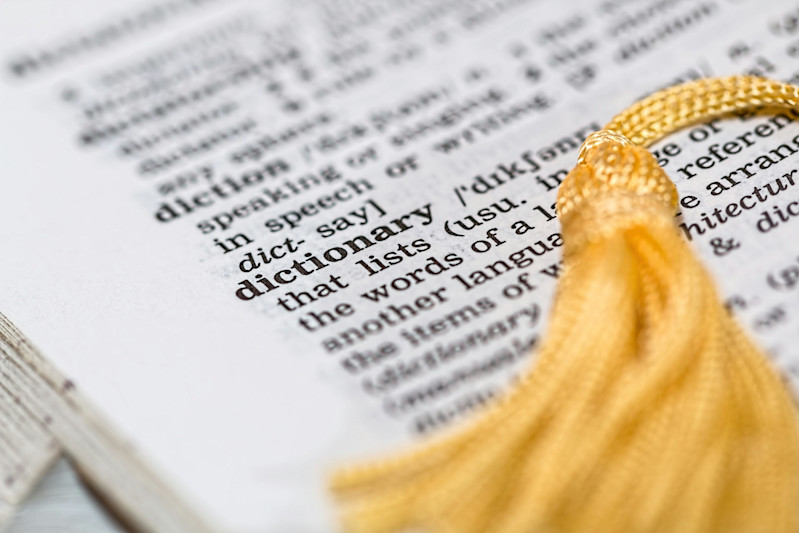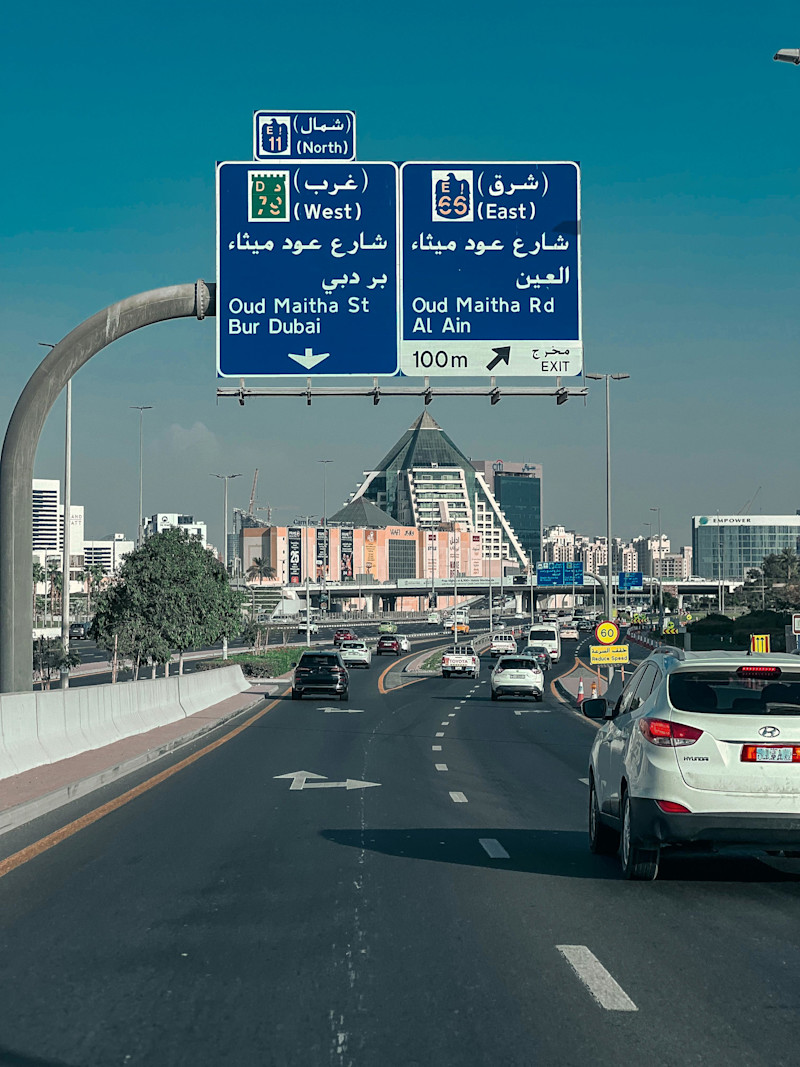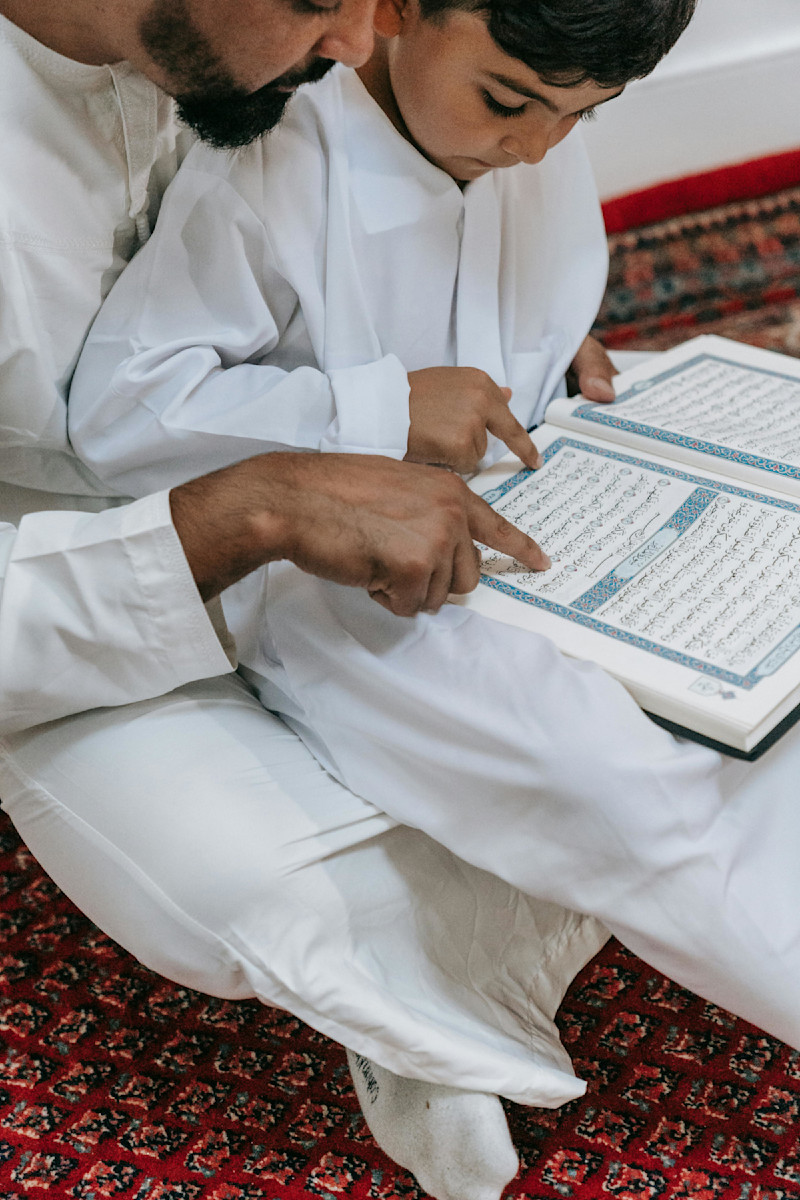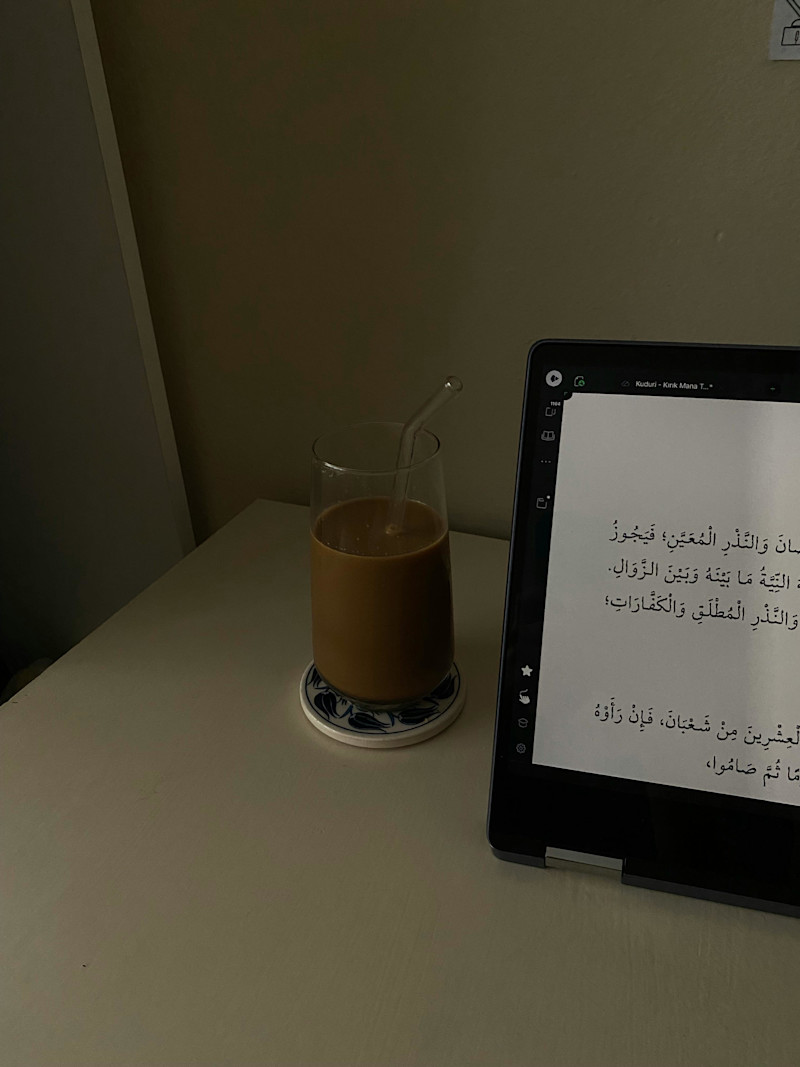
As the official language of the UAE, Arabic deserves as much of a place in PR as English, helping to build brand trust and reach a wider audience
Established in 1953 by the International Federation of Translators (FIT), International Translation Day pays homage to translators and interpreters who help bring nations together, facilitate dialogue, and contribute to globalisation. Celebrated every year on September 30th, the date marks the Feast of St. Jerome, the patron Saint of Translation, who famously translated the Bible from Latin and Hebrew to Greek. While today around 20% of the world’s population speaks English, translation remains crucial across every industry.
Being a PR agency in Dubai for the past 15 years, Katch appreciates the vital role that Arabic translation plays in any brand’s localised strategy. Contrary to popular belief, this involves far more than just knowing another language, but understanding a different culture, voice, and audience. In honour of International Translation Day last week, we’re taking the opportunity to shout out our amazing Arabic and Translation team and showcase why speaking the local language is so important.
The Language of Dubai
Home to almost four million people and roughly 200 nationalities, Dubai is a melting pot of different traditions, cuisines, and, of course, languages. As you could have guessed, English is the most widely spoken language in the city, used as a lingua franca that makes it easier for people of different backgrounds to communicate through one universal language. Naturally, this means English is widely used in PR and communications in Dubai.
Despite the widespread use of English in Dubai, Arabic remains the city’s official language, used on road signs, government documents, and among locals. Even Arabic itself has many variations. For us in PR, we use Standard Arabic, the modernised, literary version, across all press releases, media alerts, and our Saudi blogs.
However, you won’t catch people using Standard Arabic in everyday chit-chat. Most Emiratis, for example, speak a dialect called Gulf Arabic or Khaleeji, while the second most commonly used dialect is Egyptian Arabic, known as Masri.

The Role of Cultural Nuance
No matter how much English continues to dominate mainstream media, every PR agency in Dubai must appreciate the key role Arabic plays in everyday life. Ignoring the UAE’s mother tongue in communications strategies means leaving out a whole audience of people and overlooking the importance of Arabic in the nation’s cultural identity. Additionally, according to the ‘Can't Read. Won't Buy’ study, 72% of consumers are more likely to purchase a product or service if the information is available in their native language.
While a well-translated campaign can positively boost a brand’s reputation, a badly translated one can just as easily tarnish it. Translating a press release from English to Arabic is not as simple as you may think, and it’s certainly not a case of throwing it into Google Translate, because the results will be a hot mess. The sentence structures, alphabet, and pronunciation are completely different from those of English, and many Arabic words or phrases have no direct English equivalent.
Professional Arabic translators in Dubai, especially those who work in PR, need to be well-versed in not only perfect grammar but also the culture behind every word. They must think on their feet and make decisions on how to best evoke the messaging in a way that makes sense and is impactful. A lot of the time, direct or word-for-word translation doesn’t work when going from English to Arabic, meaning translators turn to free translation.
This technique involves tweaking verbs, nouns, or phrases to make the text feel more natural in the target language, while still keeping the original message intact. It gives translators a bit more creative freedom and helps the Arabic version feel more authentic, meaning it’s more likely to capture the spirit of the region and genuinely connect with readers.

Translating the Katch Way
At Katch, we’ve always appreciated the power of Arabic translation in PR, having established deep roots in the region. In response to the growing demand for high-quality Arabic translations in Dubai, 2024 saw us bring Arabic Translation fully in-house. This adds to our growing Arabic team, making it easier to capture the right tone, maintain consistency, and give clients a more personal channel for feedback.
The Arabic translation team plays an active role in every campaign, regularly joining client meetings and events to get a feel for the bigger picture. We know translation is never black and white, and it takes a solid understanding of the core message and purpose behind each project to get it right.

At the end of the day, PR doesn’t exist in an English-speaking bubble, and it never should. The most meaningful campaigns are the ones that reflect the culture, language, and rhythm of the region they live in. As Nelson Mandela famously said, ‘If you talk to a man in a language he understands, that goes to his head. If you talk to him in his own language, that goes to his heart.’
For more related updates and to Katch us covering similar topics, watch this space!
Katch our game-changing PR and Communications, Social Media, Branding and Design, Brand Consultancy, Digital Marketing, and Global Communications services to help your brand make noise. Get in touch with our 360-Marketing agency in Dubai, Qatar, Saudi Arabia, and London, and let’s get the conversation started!
